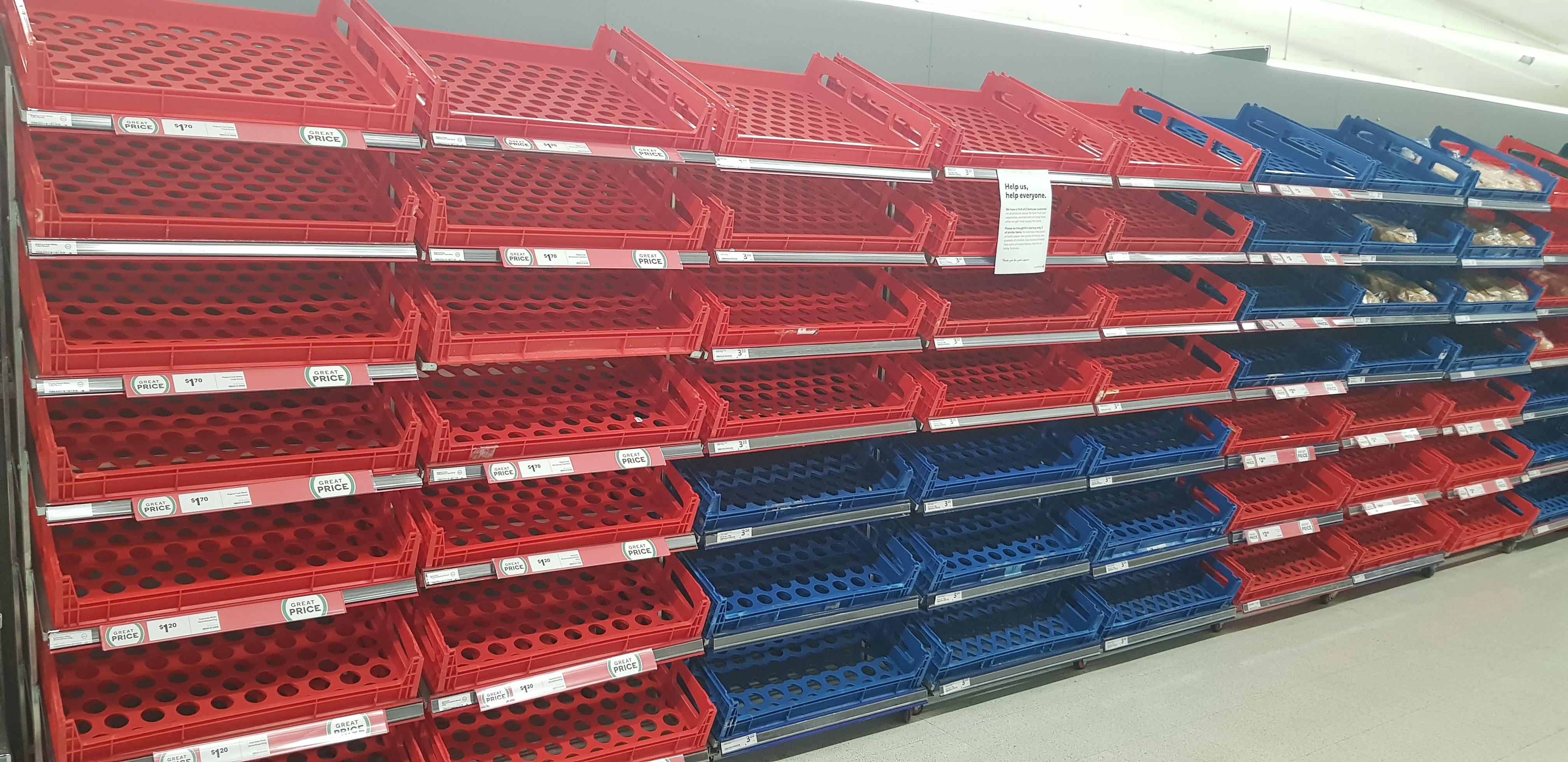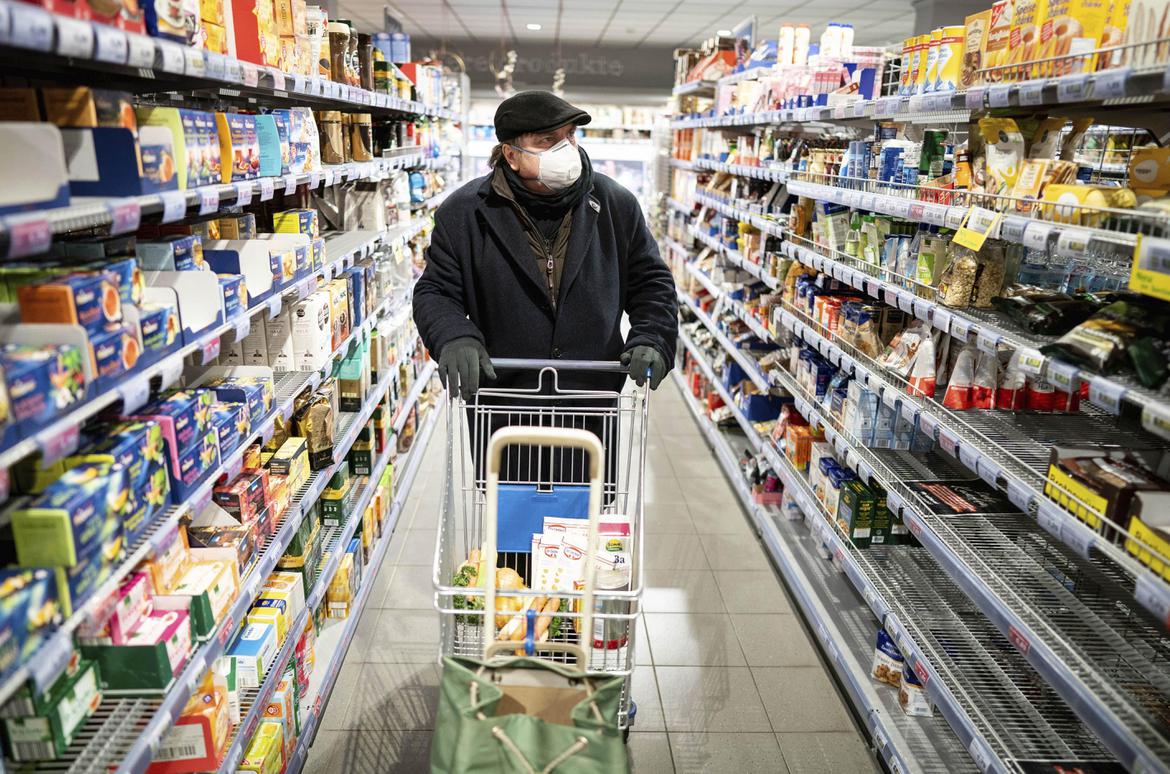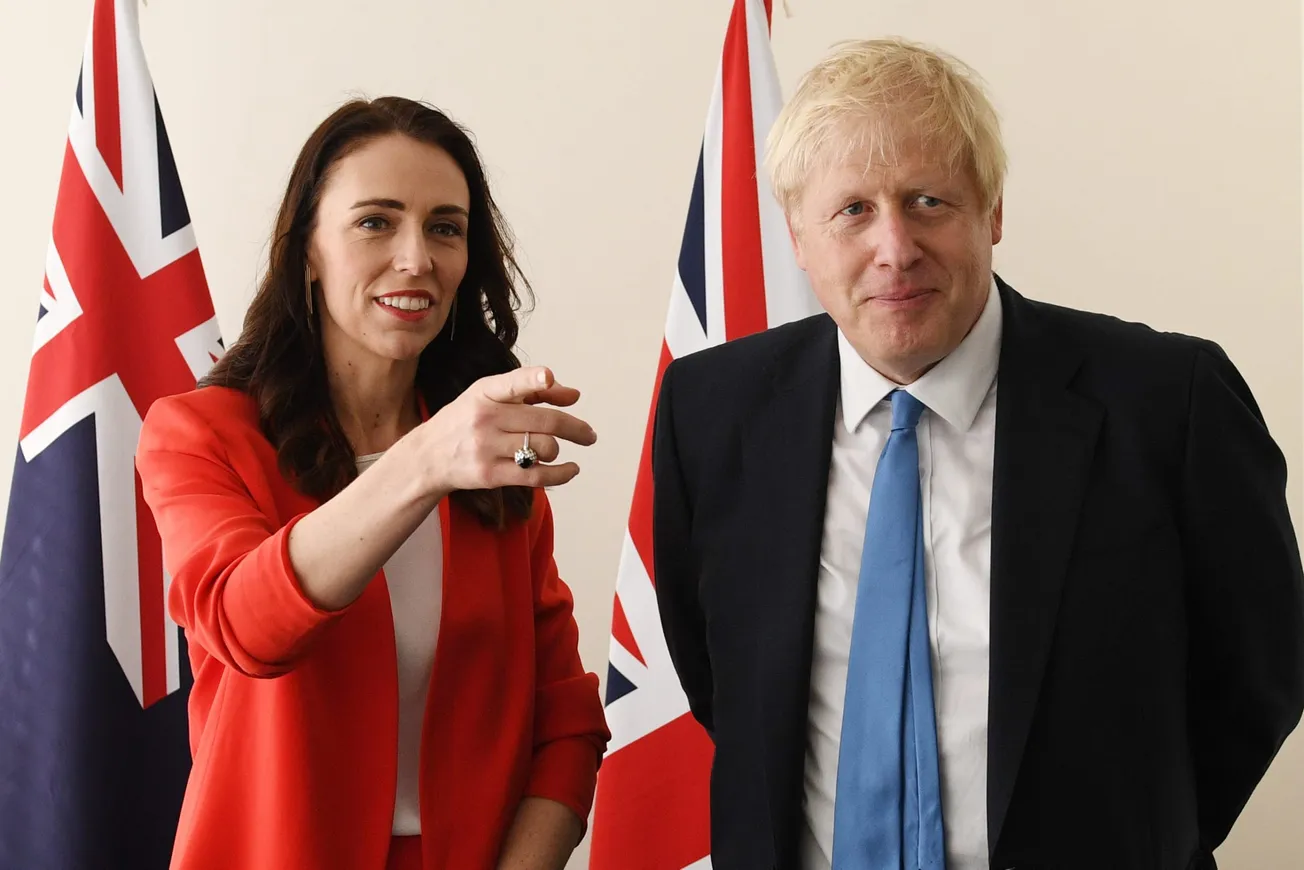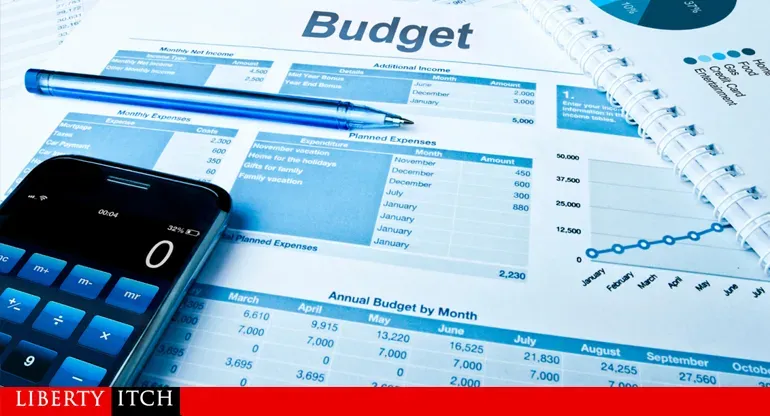Table of Contents
Mark
Boris Johnson recently made a lockdown announcement a lot like Jacinda Ardern’s only a few days after. But there is one major difference
One comment Boris made whilst assuring the people that essential services, like supermarkets, will remain open during the lockdown, was that people need to use these “as infrequently as possible.”
Hmmm. In order to use a supermarket “less Frequently” people need to (gasp) buy more! I wonder where the line is between this and “panic buying?”

Contrast this with Jacinda Ardern’s statement to “shop normally” as supply lines will still be running but need not be overloaded and you start to see a problem.
Presuming the average kiwi shops once a week, that means during the lockdown everyone is going to have to (gasp) congregate in a gathering at a supermarket at least three times. So much for “go home and stay home.”
In a free-market economy, food production and distribution is competitive. This means producers and distributors will size their operations to meet nominal peacetime ordinary demand for maximum efficiency. Nobody is going to double the size of machinery or fleet on the off chance a global pandemic occurs sometime within the next 20 years.
This doesn’t leave a lot of room for “panic buying” or visiting supermarkets “as infrequently as possible.”
Soooo… we appear to be stuck in between a rock and a hard place. The choice is panic or pandemic.
The theoretical ideal would be for everyone to gradually stock up by increasing purchases by about 20% as soon as something contagious is announced in a foreign country so that by the time a lockdown is announced you have 4 weeks supply without panic buying.
That would take 5 weeks to build up a one-week buffer and 20 weeks to be stocked up to the point where you can “go home and stay home” for the full 4 weeks. That’s a 5-month stock up period so for this lockdown it would need to have started in mid-October last year.
If we started “extended buying” at the announcement from China about coronavirus in late December, the nation would have had about 12 weeks to stock up in the most “non-panic” way before the lockdown. This would mean an increase of 33%, 3 weeks of lead up for everyone in lockdown.
Could supply lines cope with an increase in demand of 33% from the entire nation for 12 weeks?
Even all of that is in hindsight as no crystal ball was available in January to guess where this was all going to go.
Without that, if we don’t want to need to go the supermarket at all during the lockdown it’s a case of first in, first served.
If we need to “be kind” we will need face masks, gloves (and some good luck) for the supermarket visits during the lockdown.

If you enjoyed this BFD article please consider sharing it with your friends.









